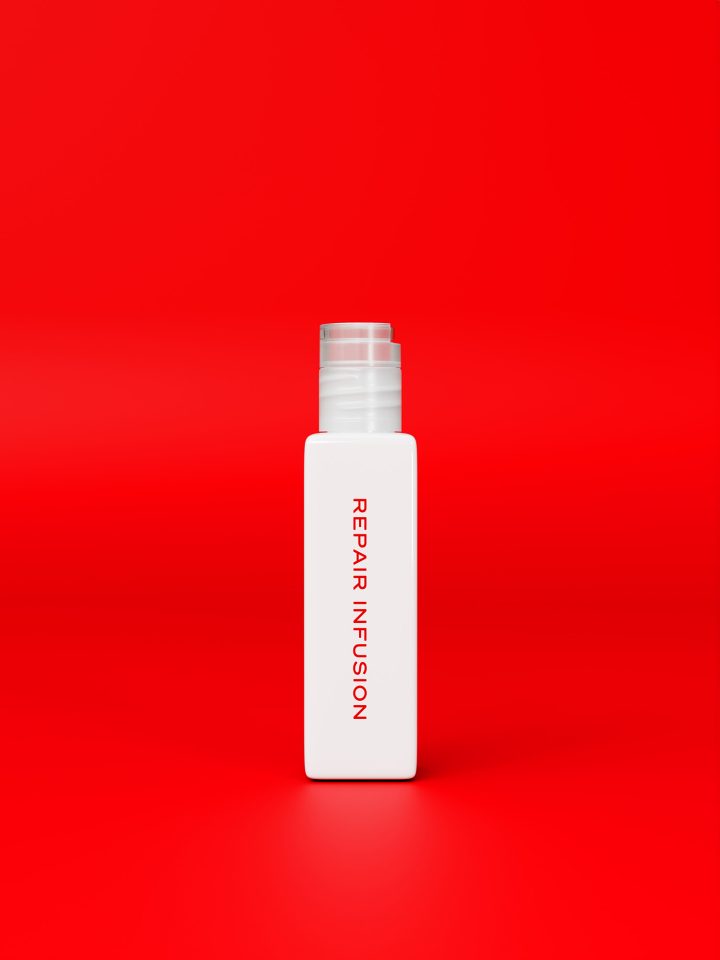What is oily scalp?
Have you ever felt that your hair gets greasy almost immediately after you wash it? If the answer is yes, then you may have an oily scalp. An oily scalp can be really frustrating and it can feel like nothing is helping. But don't despair! Here we'll go through why your scalp might be oily and what you can do about it.
Oily scalp occurs when the sebaceous glands produce too much sebum, the natural oil that keeps your hair and skin moisturized. Sebum is important to protect and moisturize, but when production gets out of hand, hair can quickly become oily and flat. It's like your scalp is constantly having a bad hair day!
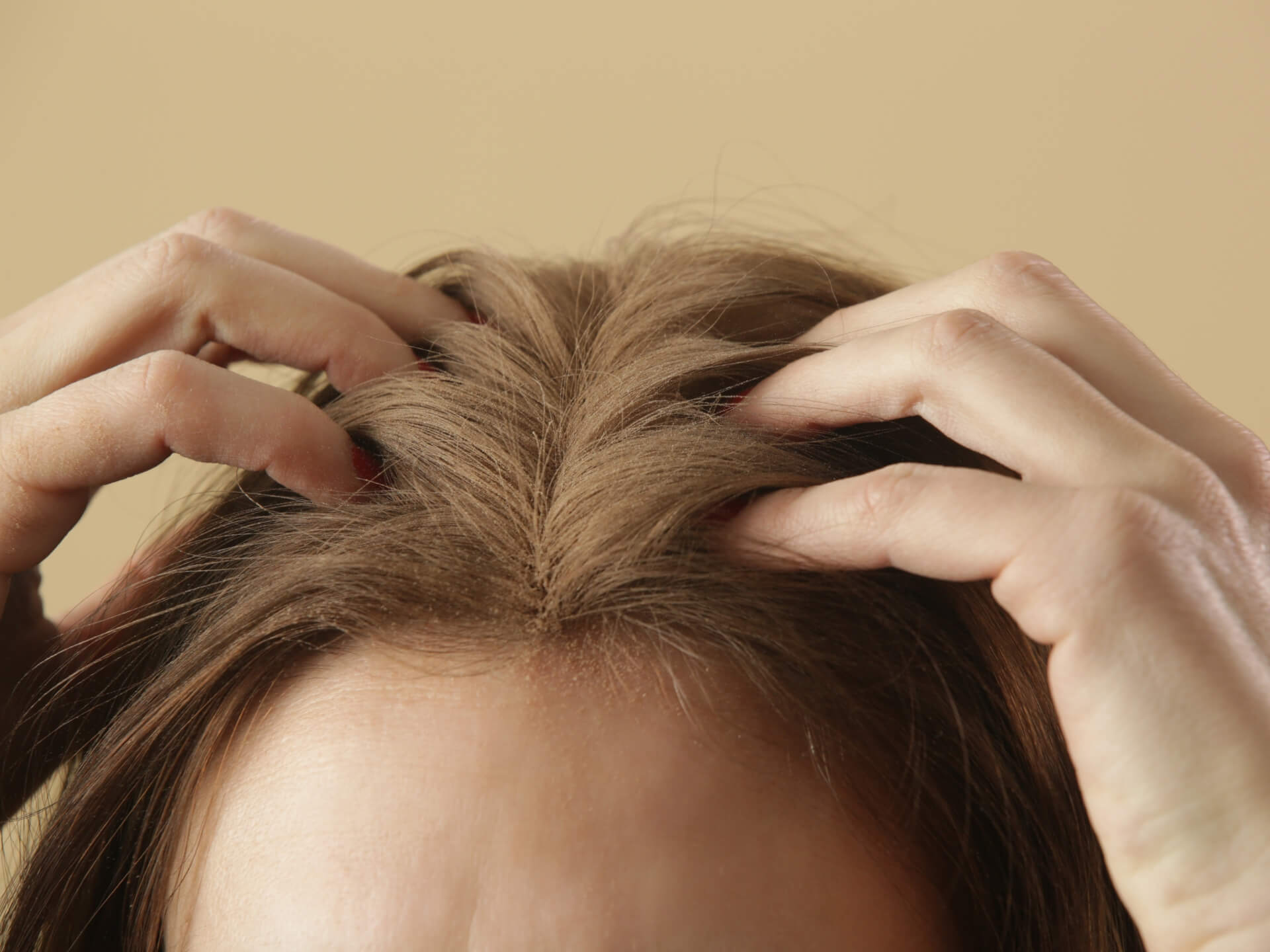
Why does the scalp become oily?
There are several reasons why your scalp may produce too much sebum. Here are some common reasons:
- Genetics: You may have inherited a tendency to oily scalp from your parents. If they had the same problem, it is likely that you will also experience it.
- Hormones: Hormones play a major role in sebum production. During puberty, pregnancy or the menstrual cycle, hormone levels can fluctuate, affecting sebum production. This can be particularly noticeable during adolescence when the body is undergoing major changes.
- Wrong products: Using hair care products that are not adapted to your hair type can make the problem worse. Some products can clog pores and increase sebum production.
- Excessive washing: If you wash your hair too often, you can actually stimulate your scalp to produce more sebum to compensate for the oil that is washed away. It's a vicious cycle where you're trying to get rid of the greasiness but instead making the problem worse.
How to take care of an oily scalp?
So, what can you do about an oily scalp? Here are some tips and tricks that can help:
1. Choose the right shampoo
Using the right shampoo can make a big difference. A shampoo specifically designed to deal with oily scalp can help balance sebum production and keep hair looking fresh for longer. Caring Shampoo is an excellent choice because it not only cleanses the scalp but also soothes it and prevents itching and dandruff. This product is specially formulated to give your scalp the care it needs without overdoing it.
2. avoid excessive washing
Believe it or not, washing your hair every day can do more harm than good. When you wash your hair too often, you remove the natural oils needed to keep your scalp balanced. This causes the sebaceous glands to overcompensate by producing even more oil. Try to wash your hair every two to three days to let your scalp balance itself.
3. use a scalp scrub
A scalp scrub can help exfoliate and remove excess sebum and product residue that can clog pores. Scalp Scrub from The Every is perfect for cleansing and restoring a balanced scalp. This scrub contains natural scrubbing particles that effectively remove dead skin cells and built-up products, leaving the scalp feeling clean and fresh.
4. Conditioning the right way
Use conditioner on the lengths and ends of the hair, avoiding applying it directly to the scalp. This will help prevent the scalp from becoming even oilier. Caring Conditioner is a good choice to keep hair moisturized without weighing down the scalp. By focusing on the lengths and ends of the hair, you'll get the moisturizing benefits without risking the scalp becoming too oily.
5. Dry shampoo for quick help
If you need a quick solution to freshen up your hair between washes, dry shampoo can be your best friend. Invisible Dry Shampoo It works well for all hair colors and adds volume while absorbing excess sebum. It's a quick and easy solution to extend the time between washes and keep your hair fresh and voluminous.
Products for oily scalp
Finding the right products can make a huge difference when struggling with oily scalp. Here are some recommended products from The Every:
- Caring Shampoo: Ideal for daily use and keeps the scalp healthy.
- Scalp Scrub: Exfoliates and cleanses the scalp.
- Invisible Dry Shampoo: For a quick freshening up between washes.
- Caring Conditioner: Moisturizes without weighing down the scalp.
- Scalp Food: For the nourishment and care of the scalp.
Frequently asked questions about oily scalp
Q: How often should I wash my hair if I have an oily scalp?
A: Try to wash your hair every two to three days to avoid your scalp becoming too dry and overcompensating with more sebum production. This can help your scalp restore its natural balance and reduce excessive sebum production.
Q: Can diet affect how oily my scalp gets?
A: Yes, diet can affect your sebum production. Try to eat a balanced diet rich in omega-3 fatty acids and avoid fatty and sugary foods. Foods such as fish, nuts and vegetables can contribute to a healthier scalp.
Q: Is it bad to use dry shampoo often?
A: Dry shampoo can be a lifesaver but use it in moderation. Too much dry shampoo can clog hair follicles and lead to irritation. Use dry shampoo as a temporary solution and make sure to properly clean your scalp regularly.
Q: Can hormonal changes cause oily scalp?
A: Yes, hormonal changes, such as those that occur during puberty or the menstrual cycle, can affect sebum production and make the scalp oilier. It is common to experience scalp changes during different life stages.
Q: What type of hairbrush is best for oily scalp?
A: A natural bristle brush, like a hog brush, can help distribute sebum from the scalp along the length of the hair and reduce build-up at the roots. It can help keep hair fresher for longer by evenly distributing the natural oils.
Dealing with oily scalp can be a challenge, but with the right care and products, you can make your hair look amazing. Try our tips and discover how much difference it can make!
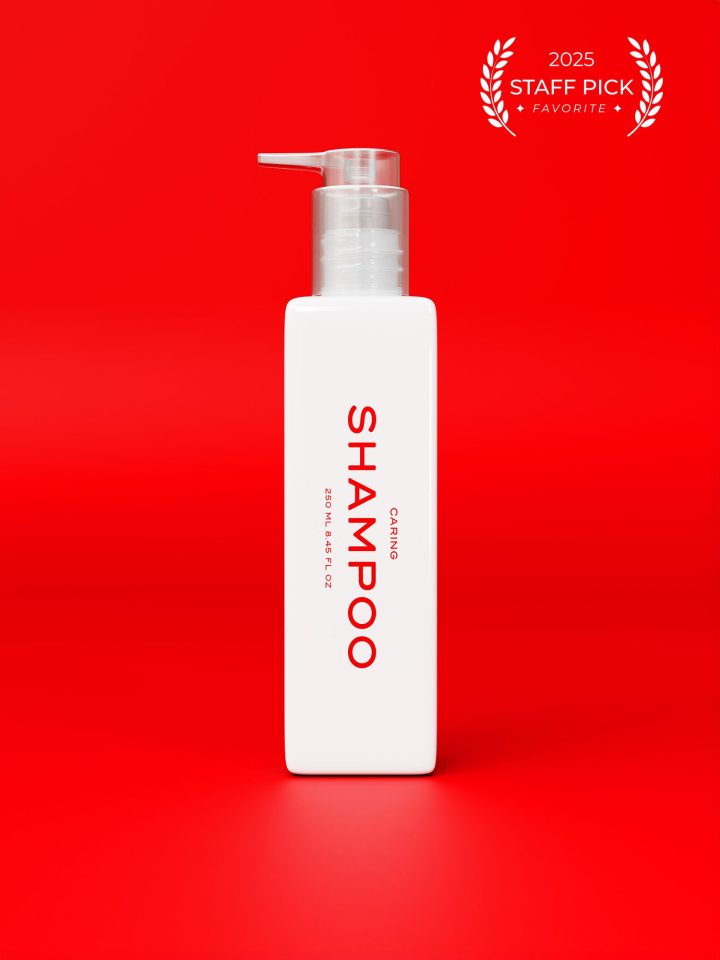
Caring Shampoo Gentle sulfate-free moisturizing shampoo 26,00 € - available on subscription from every 7 weeks
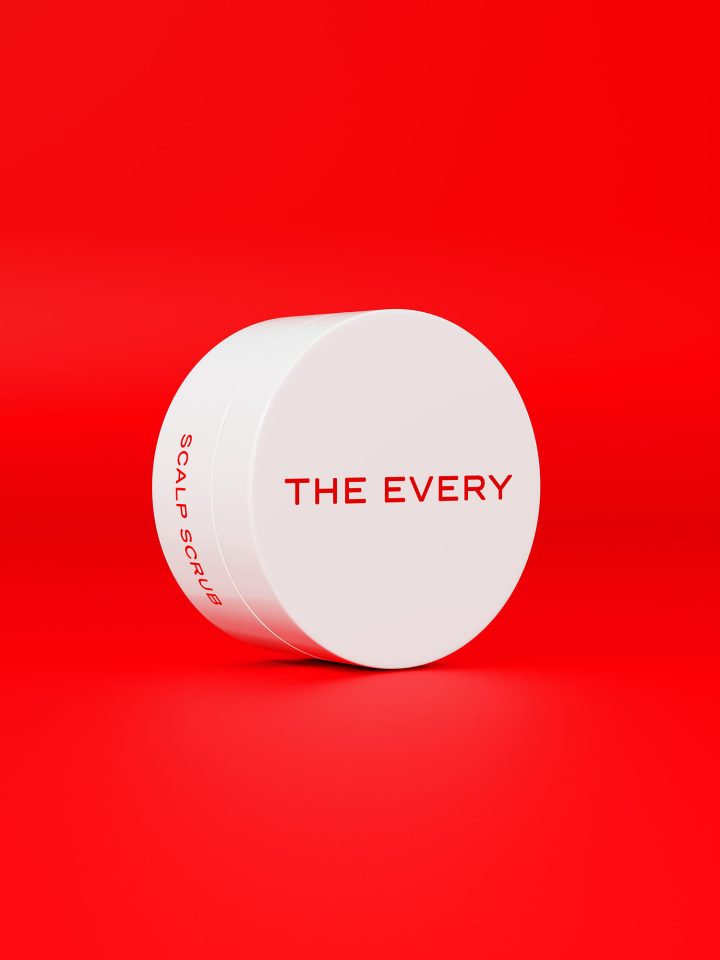
Scalp Scrub Balancing exfoliating scalp scrub 39,50 € - available on subscription from every 10 weeks
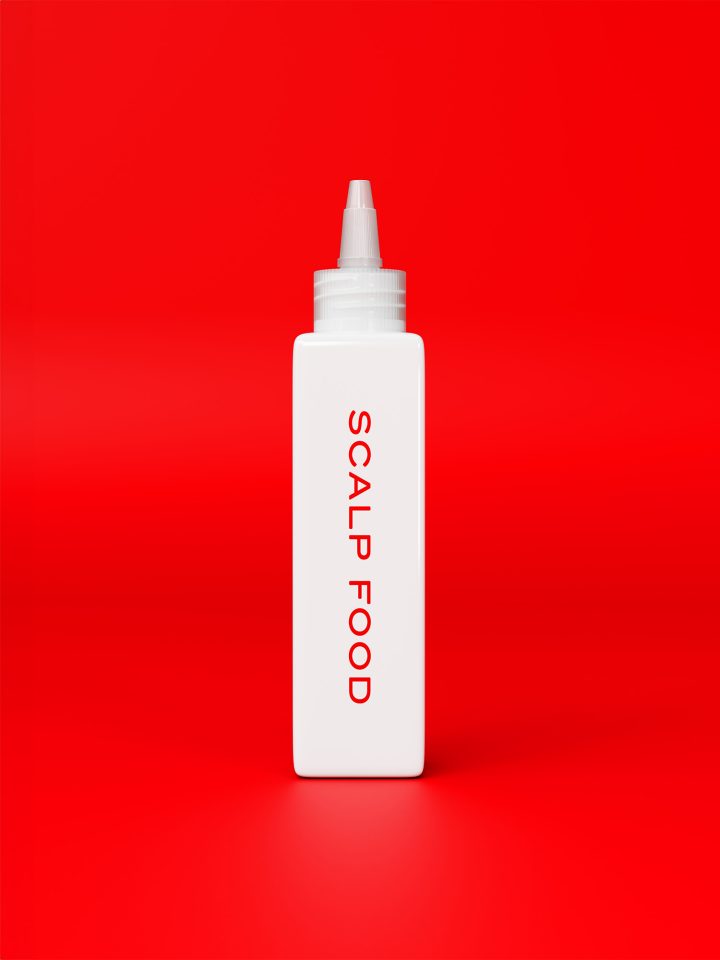
Scalp Food - Daily Serum Microbiome-strengthening, soothing scalp serum 45,00 € - available on subscription from every 7 weeks
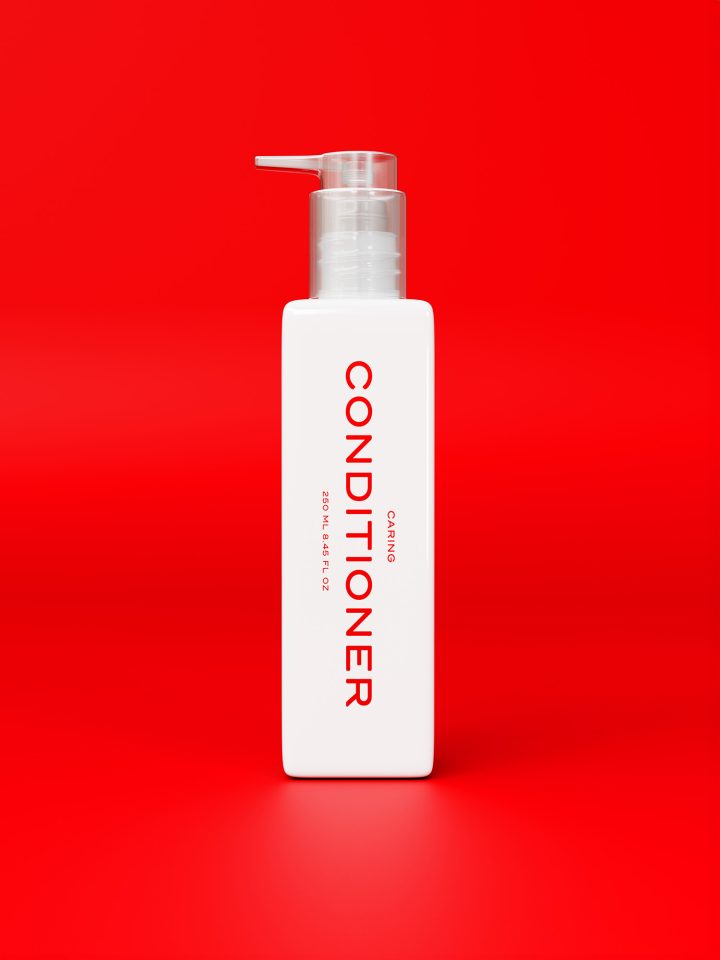
Caring Conditioner Gentle sulfate-free moisturizing conditioner 26,00 € - available on subscription from every 7 weeks
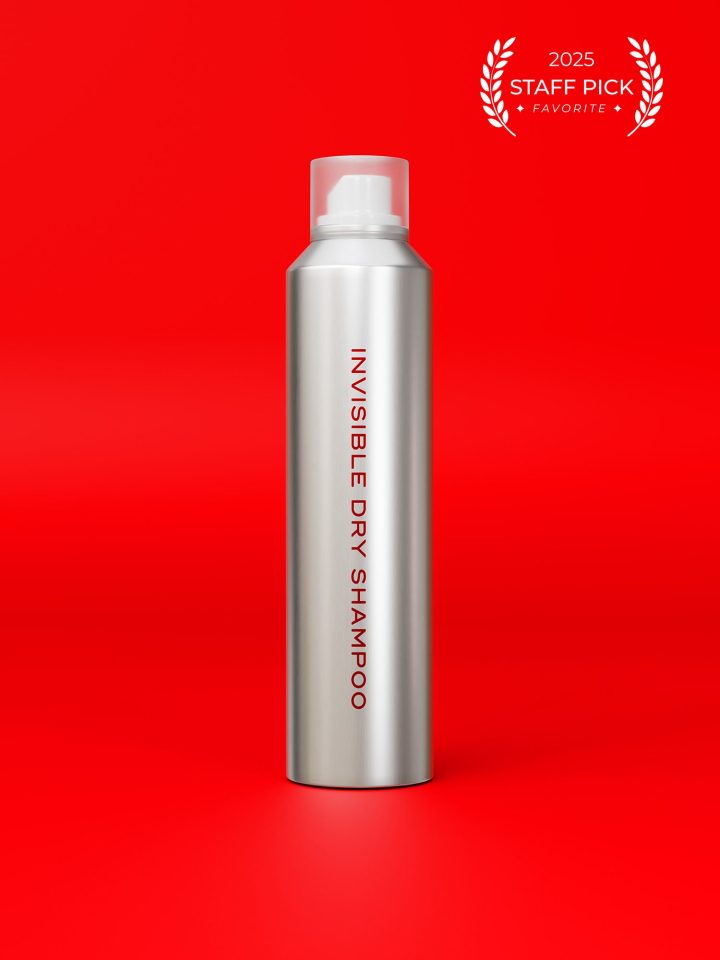
Invisible Dry Shampoo Fresh hair instantly without product residue 27,00 € - available on subscription from every 10 weeks
